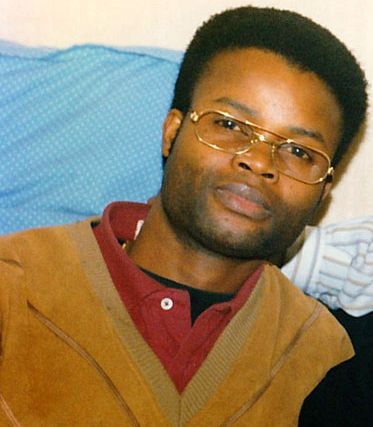Félix Wazekwa S’Grave, born on September 14, 1962 in Kinshasa, Democratic Republic of the Congo, is a Congolese artist, musician and lyricist best known in the shadow of the Congolese music class thanks in particular for his collaborations with Papa Wemba and Koffi Olomide. In 1993, when he had just written a song for Papa Wemba, this one will suggest to him for the first time to sing his own songs. It was then that began in 1995 a solo career marked especially by a rivalry with Koffi Olomide.
He began learning music in the years 1982 or 1983 in the group Kin-Verso from the town of Matete in Kinshasa in the Democratic Republic of Congo. In 1985, he went to Europe for his studies and he took courses in economics in Paris.
In 1990, he began a close collaboration with other musicians as a lyricist. Thus between 1991 and 1993, he worked with Koffi Olomide on high-end albums / Kuwait, left bank and Noblesse oblige. From 1993 to 1995, he worked with Papa Wemba on Foridoles and Pole Position albums.
On 19 August 1995, he married one of the girls of the prosecutor Léon Ngoy Mbikani to the Zairian Courthouse.
July 8, 1998 is the birth day of his first son, he gives it the name of “Onésime” referring Saint Onésime this slave of the first century become Christian influenced by Saint Paul.
In December 1999, he released his 4th album Sponsor and it was also that year that his second son was born, which he called “S’grave”.
He will also work with other artists and groups such as Soukous Stars, Damien Aziwa, Djeffard Lukombo, Bibidens, Duke Herod. His first albums seduced a large Congolese public in love with heavy and profound texts.
After sharp criticism from an audience mostly conquered by the furious pace of ndombolo, so from 2001 the year of release of his 5th album Signature that the mokwa bongo (the bone of the brain ) will add another register and take place among the best artists of this variety of Congolese music.
Being a lyricist, he introduces the idea of the “verb” in the song: the verb is an aphorism, a reflection proper to the artist he launches in the song instead of referring to an already existing proverb, a verb becomes a proverb as soon as it becomes very popular.




